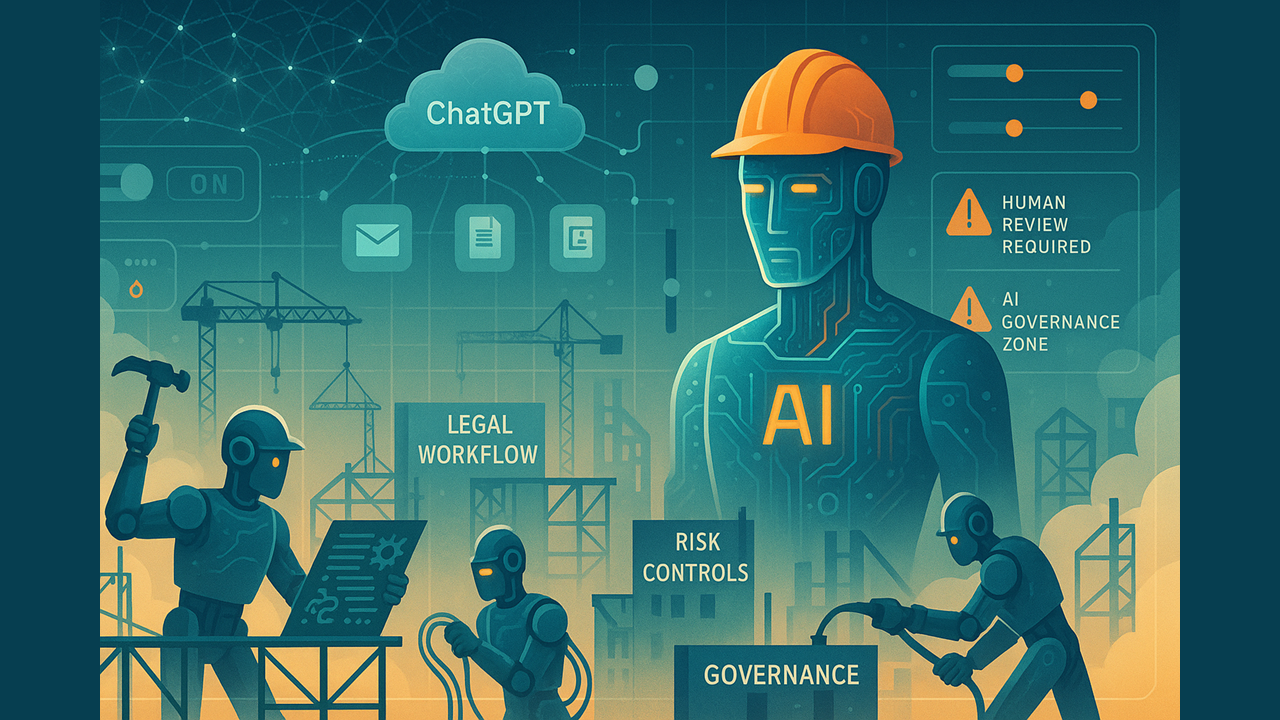OpenAI just dropped a game-changer: ChatGPT Agent can now access your calendar, communicate with external systems, and perform tasks autonomously on your behalf.
For legal professionals, this isn’t just another AI update — it’s a glimpse into a future where AI doesn’t just answer questions, but actively manages workflows, submits court filings, and orchestrates complex legal tasks.
But the critical question is this: Are law firms and legal departments prepared for AI that doesn’t just assist, but acts?
 In his latest column for LawNext, Agentic AI in Legaltech: Proceed with Supervision!, Ken Crutchfield cuts through the marketing hype to examine what “agentic AI” really means for the legal profession.
In his latest column for LawNext, Agentic AI in Legaltech: Proceed with Supervision!, Ken Crutchfield cuts through the marketing hype to examine what “agentic AI” really means for the legal profession.
He argues that while these semi-autonomous agents could transform legal work, success will depend entirely on how well leaders implement supervision, governance and human oversight.
Crutchfield is principal of Spring Forward Consulting and has been an executive at LexisNexis, Thomson Reuters and most recently Wolters Kluwer, where he was vice president and general manager of legal markets for Wolters Kluwer Legal & Regulatory U.S.
His piece tackles the practical challenges legal innovators face right now: How do you harness the power of AI agents while managing cybersecurity risks? What guardrails are essential? And why might your existing processes already be more accurate than cutting-edge AI solutions?
As the legal industry grapples with balancing innovation and risk management, Crutchfield offers concrete guidance for legal professionals navigating this shift, from requiring human oversight for all agent-driven workflows to expanding AI governance frameworks.
Read his full analysis on LawNext.
 Robert Ambrogi Blog
Robert Ambrogi Blog